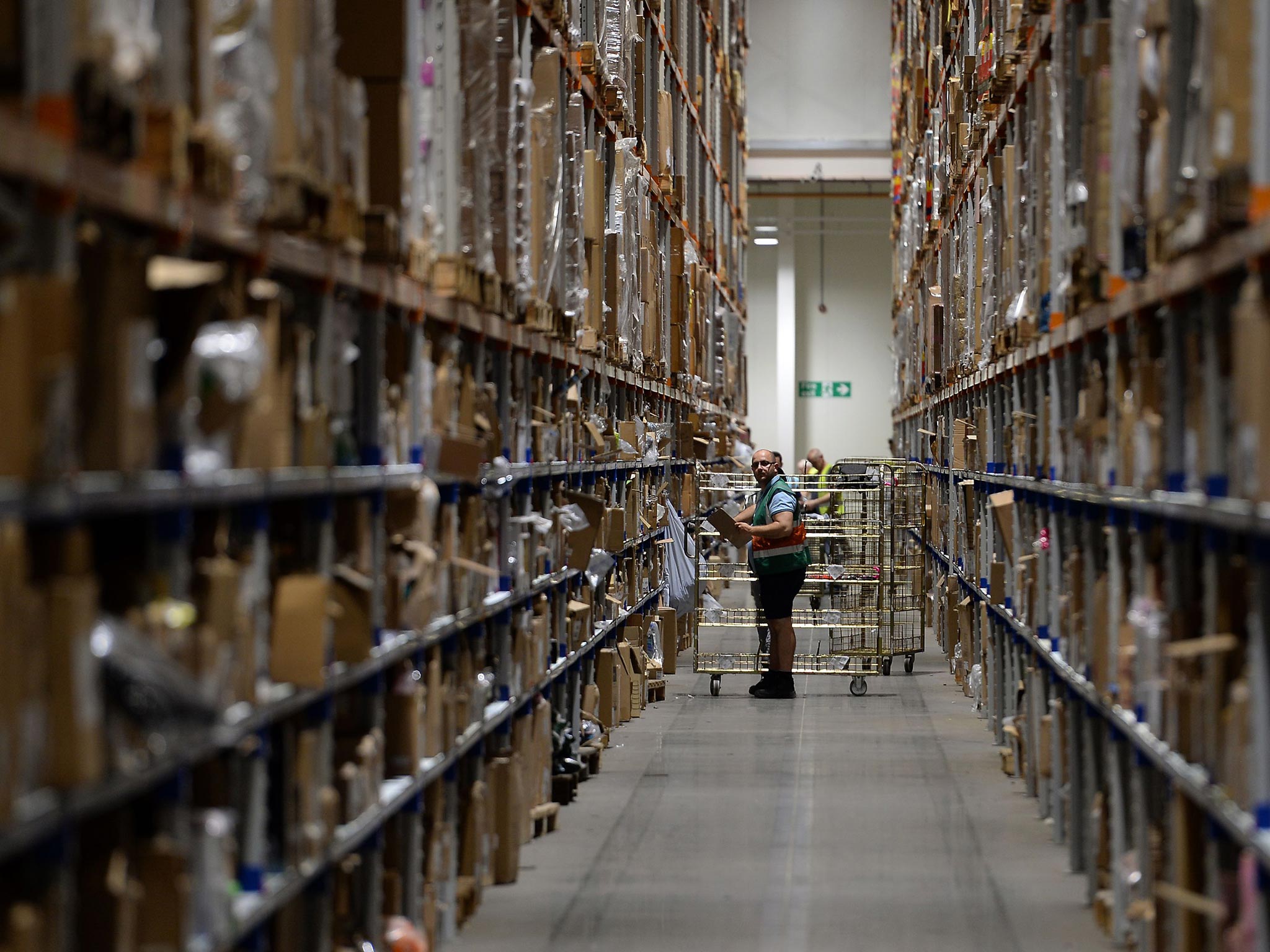UK pension funds drop the ball on workers rights
Most European pension funds have policies in place designed to promote the rights of workers. Amid a heated debate over workplace conditions, the UK is a lagging behind

Your support helps us to tell the story
From reproductive rights to climate change to Big Tech, The Independent is on the ground when the story is developing. Whether it's investigating the financials of Elon Musk's pro-Trump PAC or producing our latest documentary, 'The A Word', which shines a light on the American women fighting for reproductive rights, we know how important it is to parse out the facts from the messaging.
At such a critical moment in US history, we need reporters on the ground. Your donation allows us to keep sending journalists to speak to both sides of the story.
The Independent is trusted by Americans across the entire political spectrum. And unlike many other quality news outlets, we choose not to lock Americans out of our reporting and analysis with paywalls. We believe quality journalism should be available to everyone, paid for by those who can afford it.
Your support makes all the difference.Pension funds hold an enormous pool of workers’ money that should, in theory, grant them enormous clout when it comes to the companies in which they invest.
I would imagine that most of those workers would be quite keen for their pension schemes to use that clout to ensure those companies pay due regard to their rights and the rights of people like them.
In most of Europe that's what happens. Would you care to guess which country is the glaring exception?
If you said the UK, give yourself a prize. But a small one, because the answer probably won't come as any great surprise given the way the City carries on.
When the International Transport Workers Federation (ITWF) looked at the responsible investment policies of 100 of the largest pension funds across Europe, it found that funds with €2.7tn of assets (£2.3tn), some 63 per cent of the total, have policies that refer to international standards governing labour rights. These include the core conventions of the International Labour Organisation (ILO) and the UN Global Compact.
But nearly a third of them, representing €900bn, make no reference to international standards at all. The UK accounted for two thirds of those funds by number, and four fifths by assets.
That's troubling given that, as the ITWF notes in "Who's Responsible - Pension Funds and Respect for Workers Rights", the UK has the largest pool of retirement assets in Europe, and the second largest in the OECD.
In failing to pay due heed to the issue, its pension funds are badly letting down the workers that invest in them. As the ITWF says: “Pension funds should support us while we are at work, as well as in our retirement, by adopting responsible investment (RI) policies that protect and promote workers’ rights.”
That's all the more important given the scandals that have come to light over the last 18 months or so. Sports Direct, and the conditions at its main warehouse, is perhaps the most prominent of them but it is hardly alone.
Other companies ranging from Uber to Hermes to Amazon have all created controversy over their use of nominally self employed workers. Many would argue that they should be treated as employees, with all the benefits and protections that come with that status. Meanwhile, the use of zero hours contracts grows apace.
It's fair to ask whether at least some of these problems might have been nipped in the bud had investors been fully engaged over the issue of workers rights, and had pension funds effectively used the power available to them.
Where pension funds actively avoid companies that have been accused of bad behaviour, they will feel it. Capital is a scarce resource, and no business wants to be the victim of a “capital strike”.
According to the report, almost a quarter of the funds in the sample representing just over €2tn, refuse to invest in Wal-Mart, for example. Six funds, representing €287bn, have Ryanair on their exclusions list. That’s a lot of capital to turn your back on.
With conditions in the UK workplace, and the treatment of workers in this country, currently being hotly debated, UK pension funds, and their trustees have questions to answer. It's time they woke up to their responsibilities. Unions, and employees, need to help wake them up. This is a ball that needs to get rolling.
Join our commenting forum
Join thought-provoking conversations, follow other Independent readers and see their replies
Comments